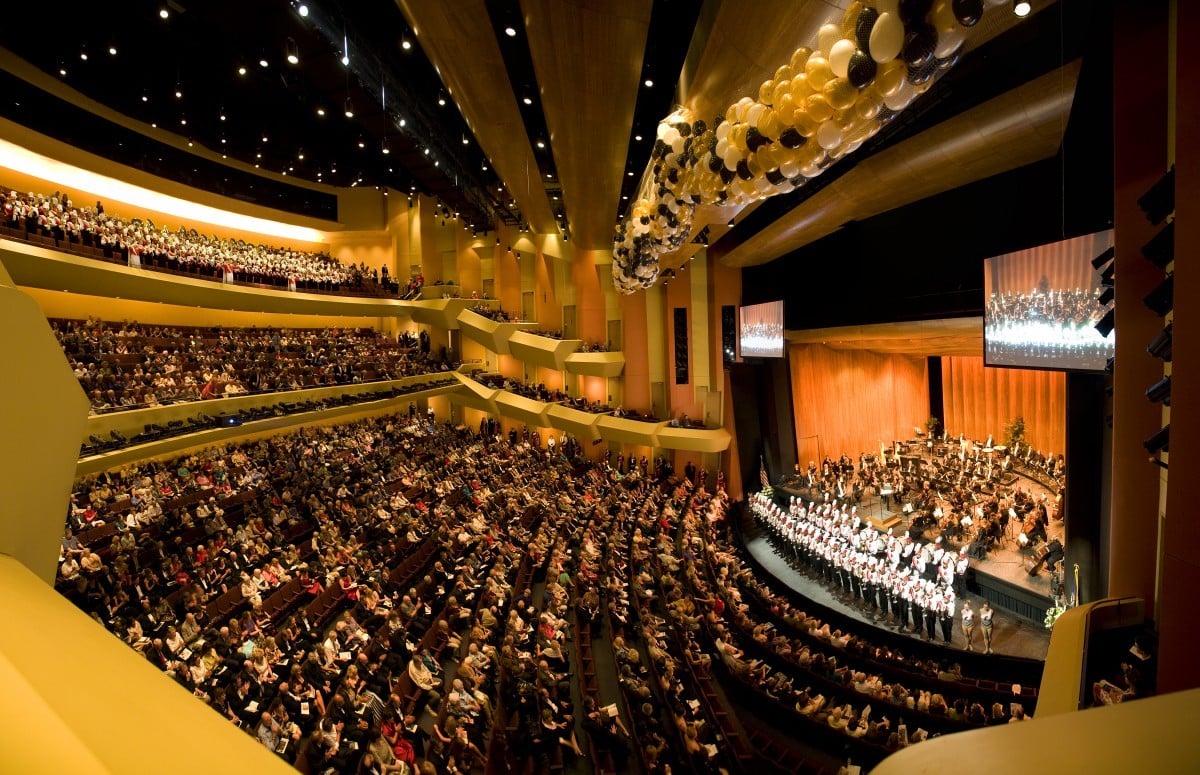The Louisville Orchestra and the Louisville Federation of Musicians Local 11-637 have successfully negotiated a new three-year Collective Bargaining Agreement (CBA), signaling a significant milestone for the orchestra’s future. The agreement promises to ensure the growth of the organization while reaffirming its role as a cultural leader in the community.
“We wanted to make sure that everybody who was in the orchestra felt like they had a place that was honoring the work that they were doing, the sacrifices that had happened over the last 15 years,” said John Mueller, who leads the Musicians Local 11-637. “I think overall that was the challenging part, really going through the entire document, front to back, and finding the time, honestly, to have meetings.”
The completion of the agreement comes 13 years after the orchestra faced a major work stoppage, which it said underscored deep divisions between management and musicians.
“A collective body agreement should be kind of a job description for a musician who joins the orchestra,” said Graham Parker, CEO of Louisville Orchestra. “They should be able to read it and understand kind of where the priorities lie, and how they get hired. Or how can I take advantage of opportunities to play in the community? Or how can I, how can I serve the community best through sections of the contract? That delineates that kind of work.”
The agreement outlines a blueprint built on four key pillars: elevating the orchestra's national standing, promoting artistic excellence, safeguarding musicians’ well-being and deepening community engagement.
To elevate the orchestra’s national standing, the agreement includes enhancement to compensation, health benefits and worker protections. All talents will now be paid 8% more in the first year, followed by a total of 9% over the following two years. The orchestra says this increase in pay and benefits will help draw in “top-tier talent.”
Embracing artistic excellence in the agreement includes “comprehensive refreshment of the tenure process,” making auditions and hiring processes more fair through reducing bias and attracting a “broader and more diverse candidate pool.”
One way Louisville Orchestra is leveling the playing field for incoming talent is through a literal “screening” system used during auditions. Mueller says the system was used up until the final stage, where the screen would be lowered and judges could see the person behind. Now, the screen could be left up based on the decision of the auditioner.
“So in the past, there might have been an orchestra member who might have wanted to move up in the ranks and take an audition that had the potential to be not behind a screen so everyone would know who that person was,” he said. “Well, now that that ability has been moved into the final, final round, or the super final round. I think it's incumbent upon each committee member of the audition committee to think about what they wanted to come out of that audition.”
According to the new CBA agreement, new guidelines put into place will make working conditions safer, including new overtime flexibility and safety protocols established to create a “more supportive and sustainable work environment.”
And the fourth pillar, deepening community engagement, will improve more flexible travel rules, increased tour pay and benefits plus more structured services to maintain “high performance standards” with Louisville Orchestra.
Through these new benefits of the agreement, Parker said he hopes Louisville will become a “destination orchestra” for players all around the world, adding to the talent pool at Louisville Orchestra and raising the bar for the level of play for fans across the city.
“John himself actually used a great phrase at a board meeting about that, and called the Louisville Orchestra a destination orchestra as a kind of, rather than a stepping stone somewhere else, it's actually a place to land,” he said. “And when you get here, the compensation, artistic programmatic and the kind of venues we're playing in would be really satisfying.”
Mueller and said that the agreement was a “testament to the power of collaboration,” with Parker adding that the “reset” in the relationship between orchestra management and union members have helped to create a new bridge of communication.
“I guess we have seemed to reset that relationship, and there is a great deal more transparency, sharing of ideas, open conversation and open dialog” Parker said. “I think the negotiations themselves were framed by a very different approach to the negotiation. And I would love to to hope, and I have enormous optimism that it will be the case, that we continue to maintain that relationship.”
As the Louisville Orchestra embarks on its 2024-2025 season, which opens on September 14 at Whitney Hall with Holst’s The Planets, Fleischman and others say the orchestra continues to embrace its mission of artistic excellence and community engagement. The season will feature works by Stravinsky, Ravel, and Strauss, as well as performances by world-class artists such as Ray Chen and Midori.









